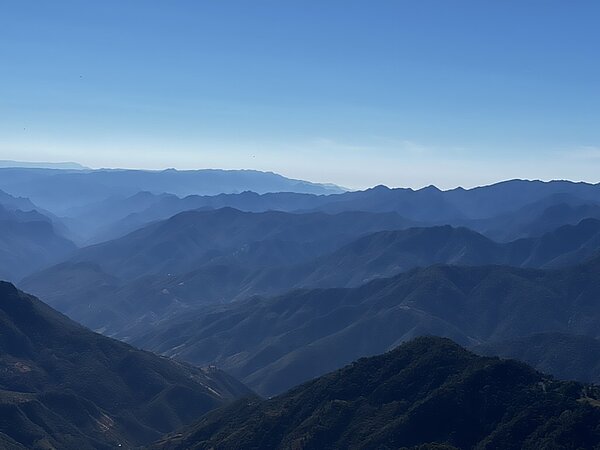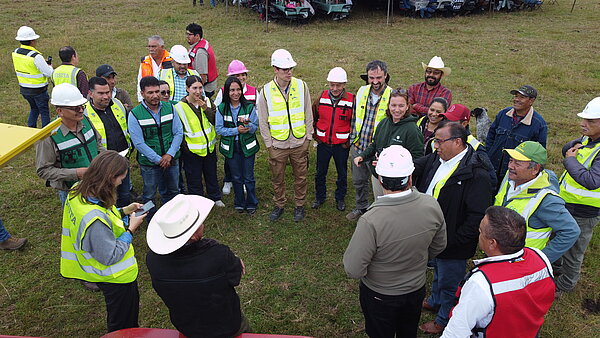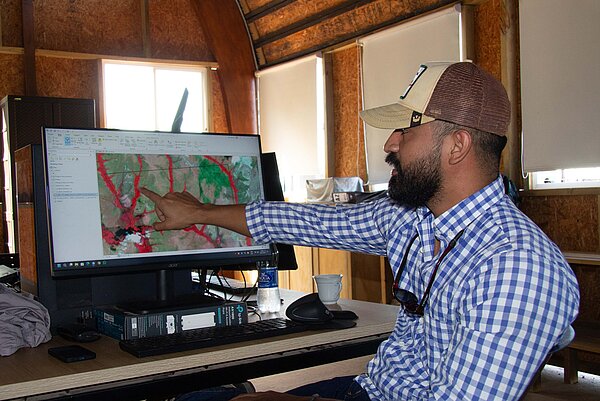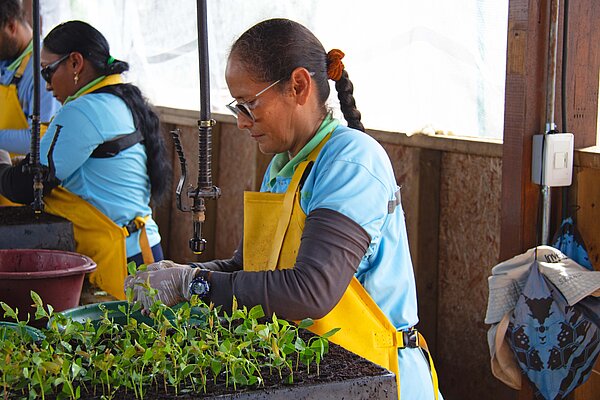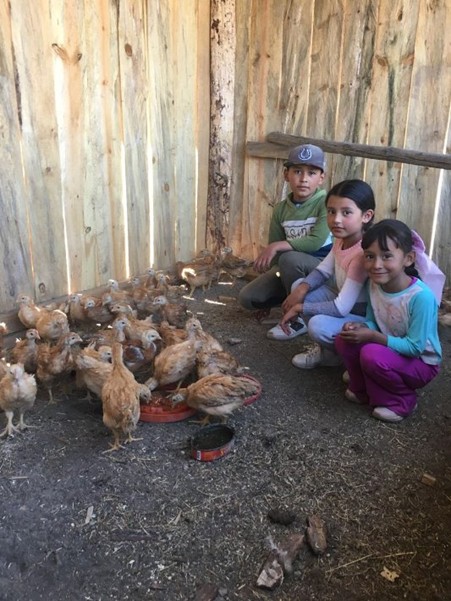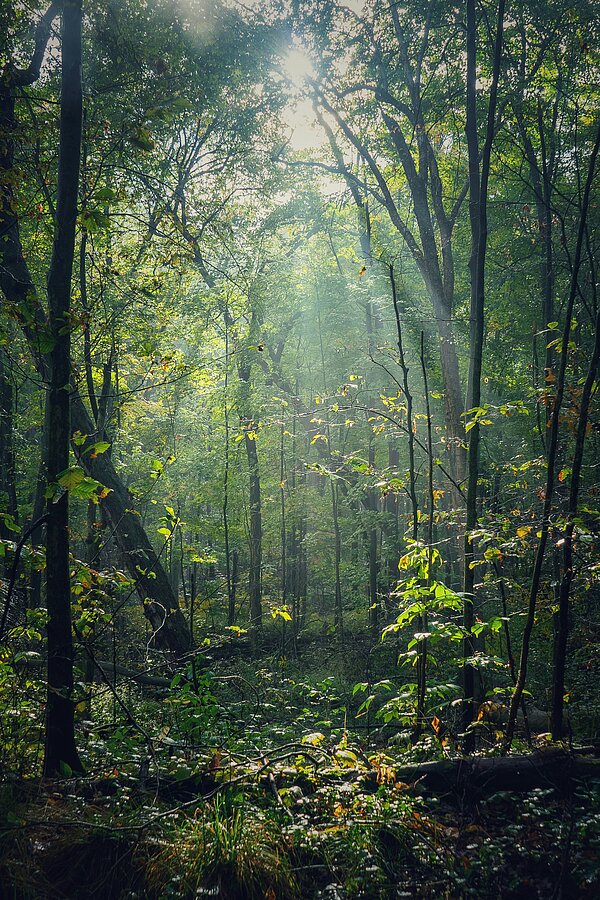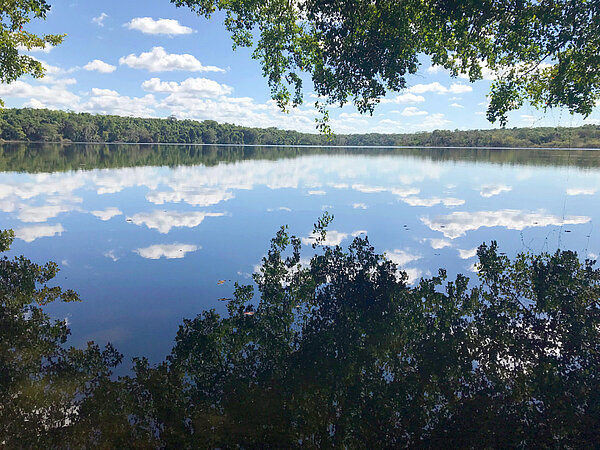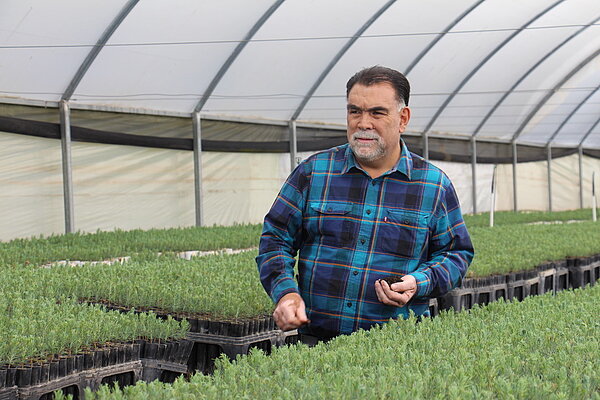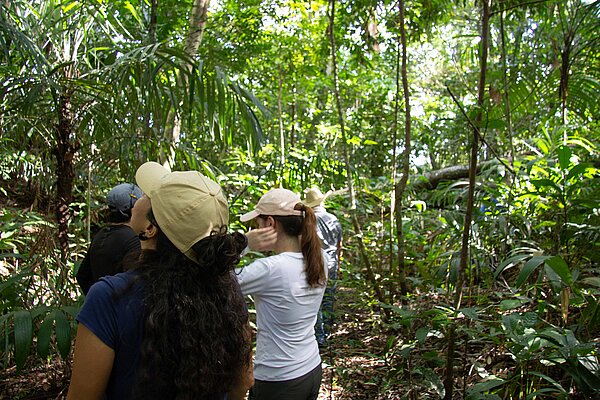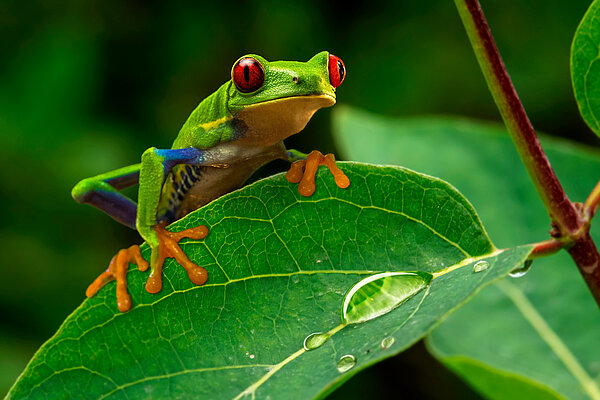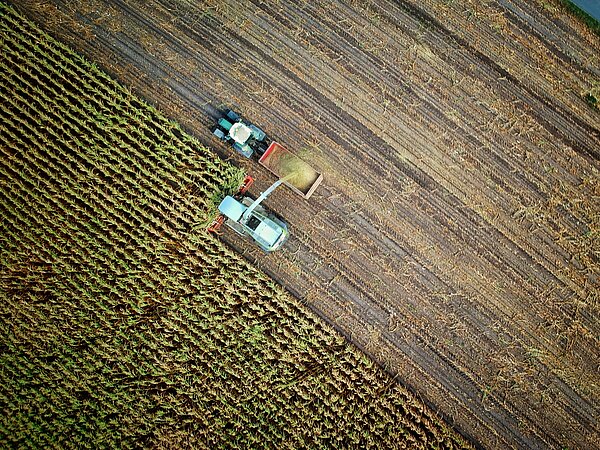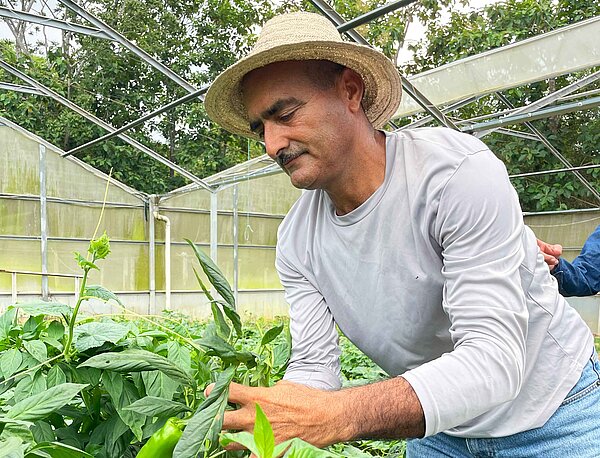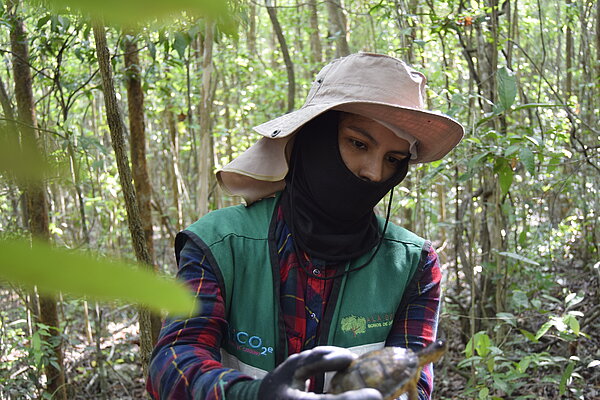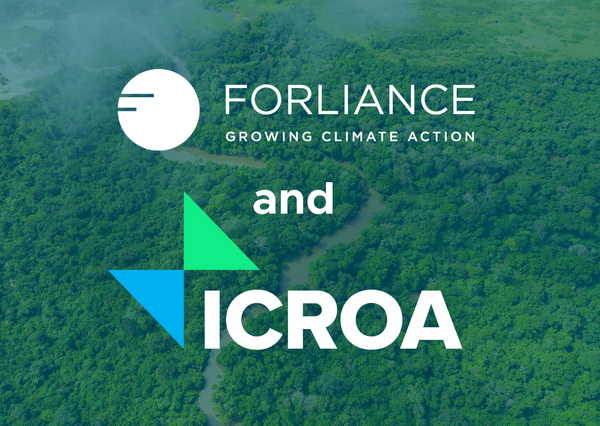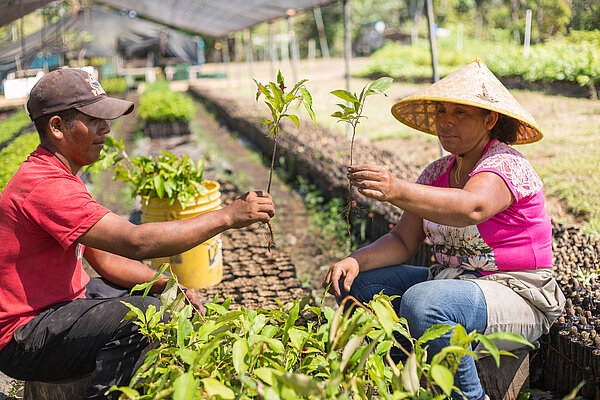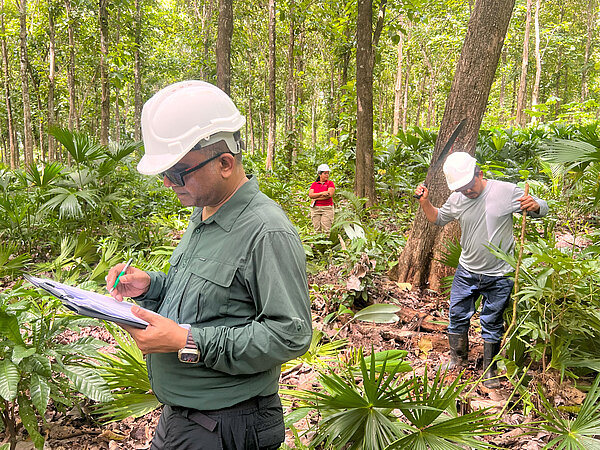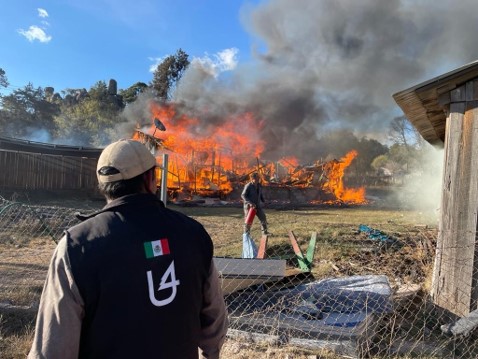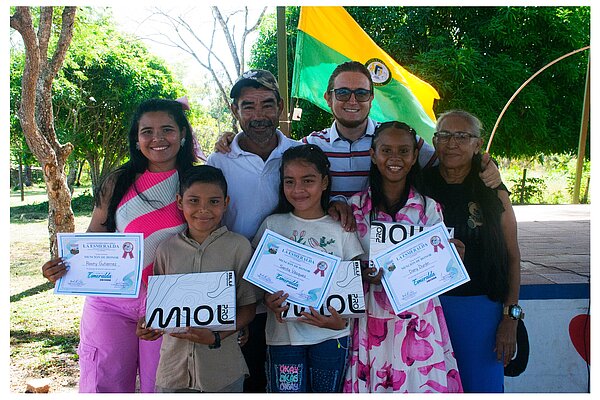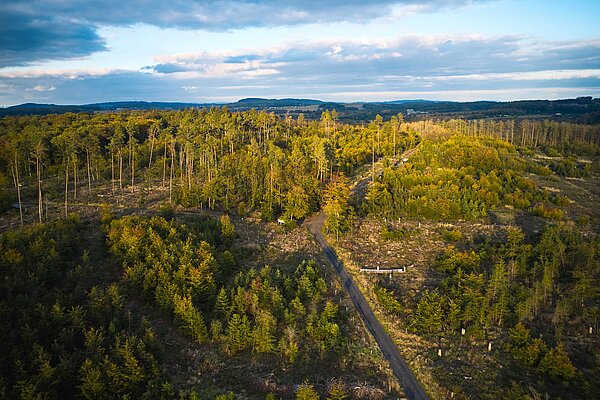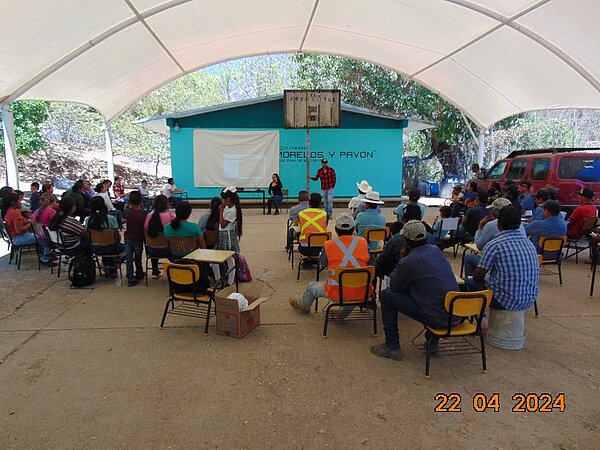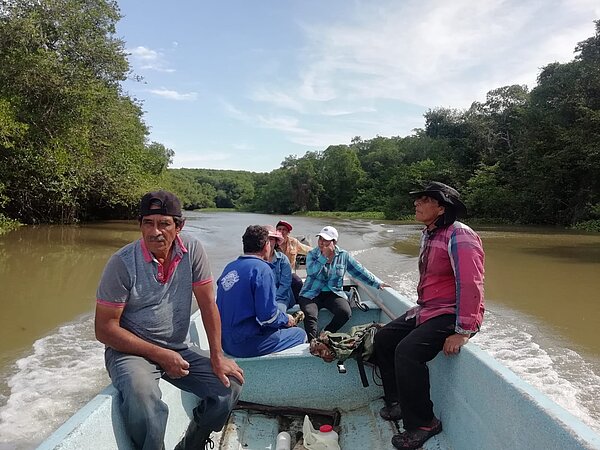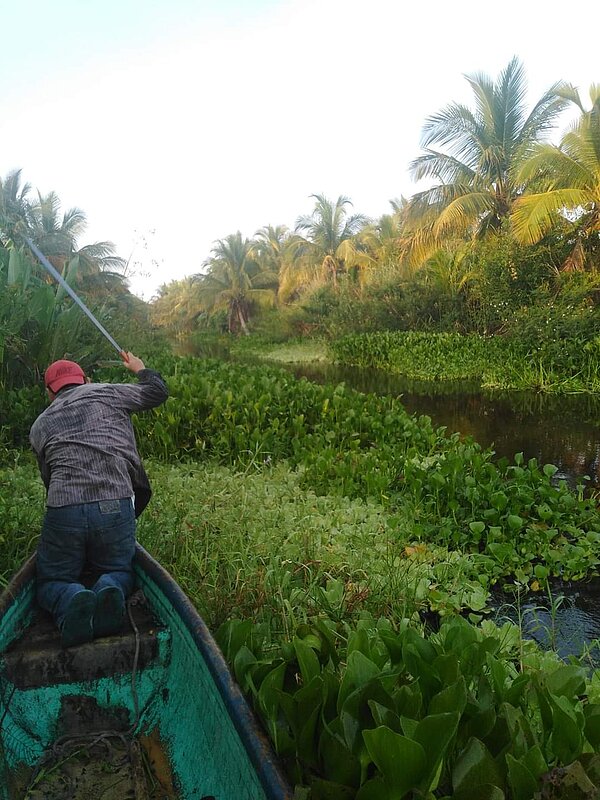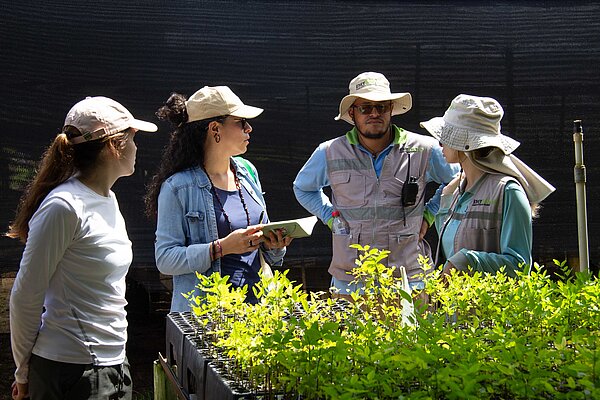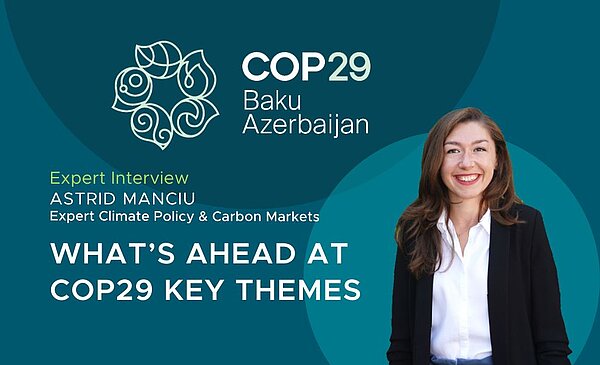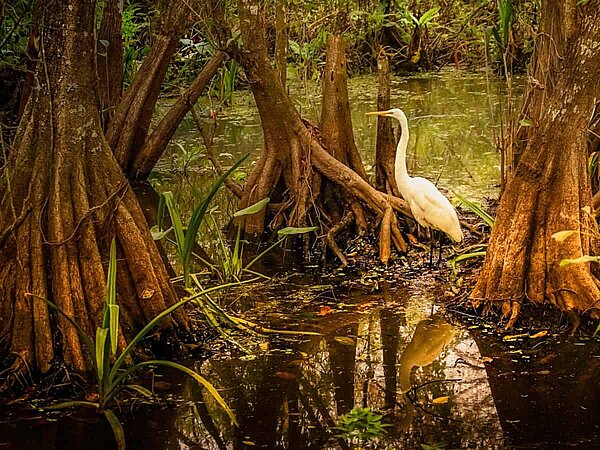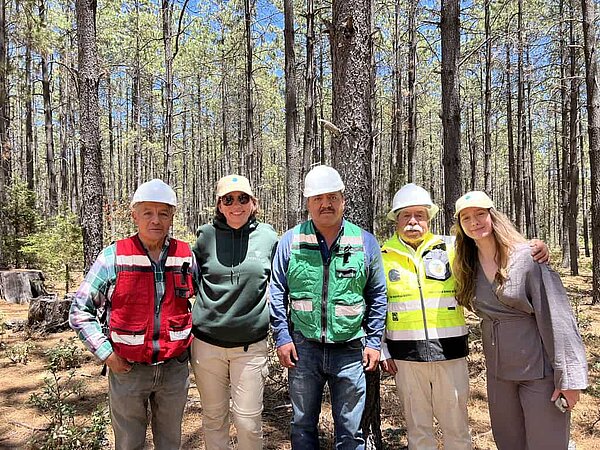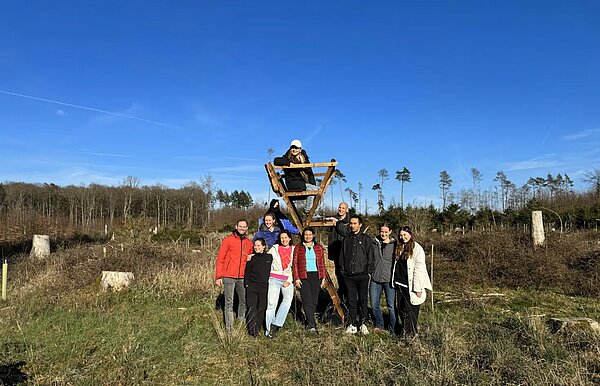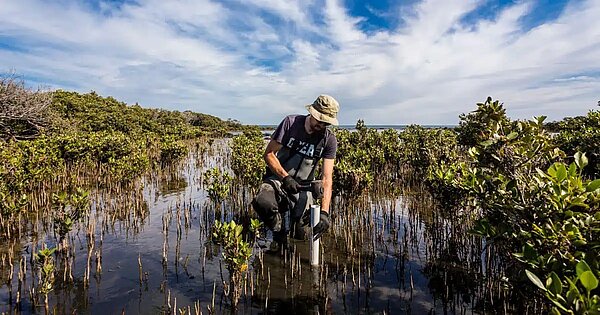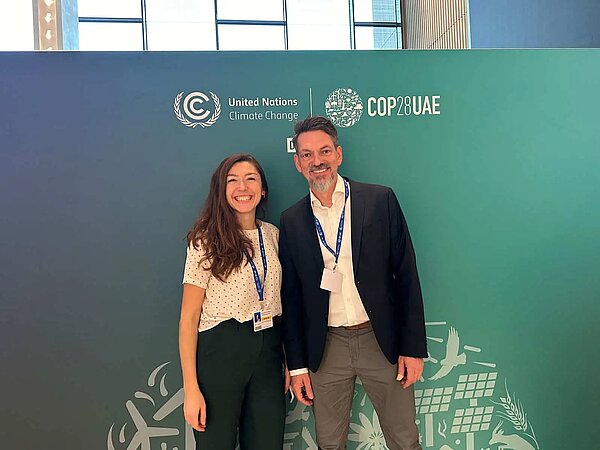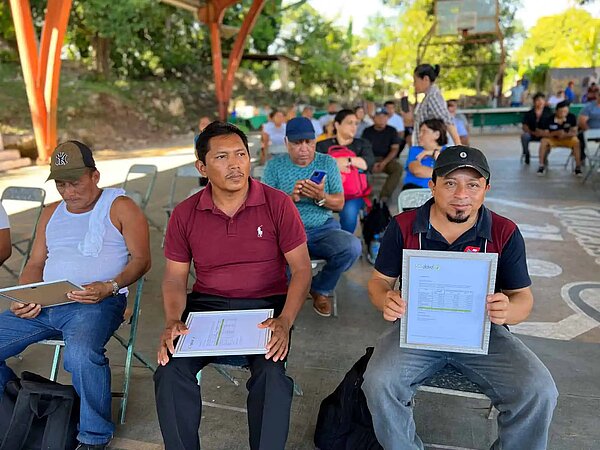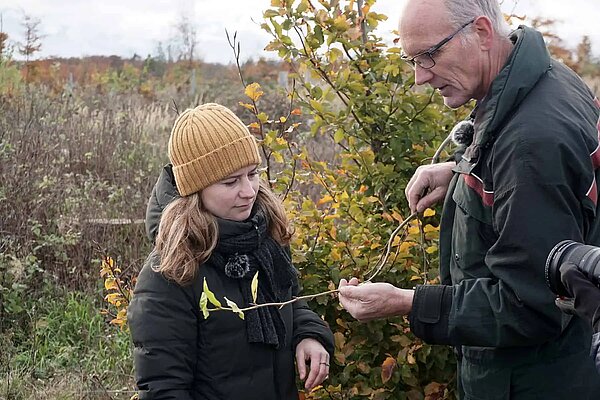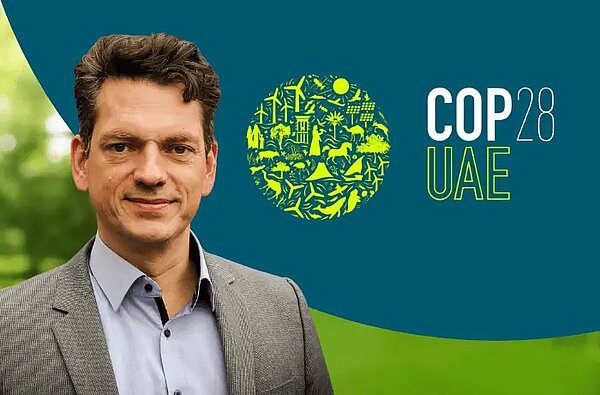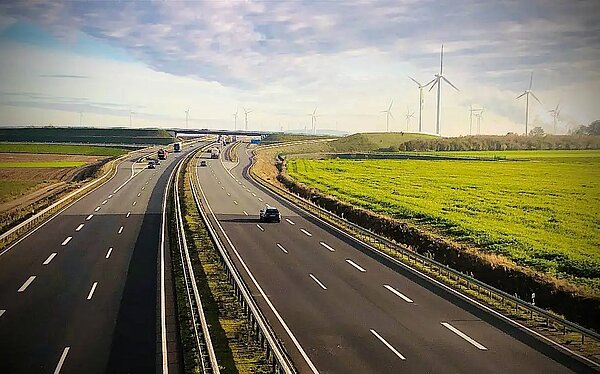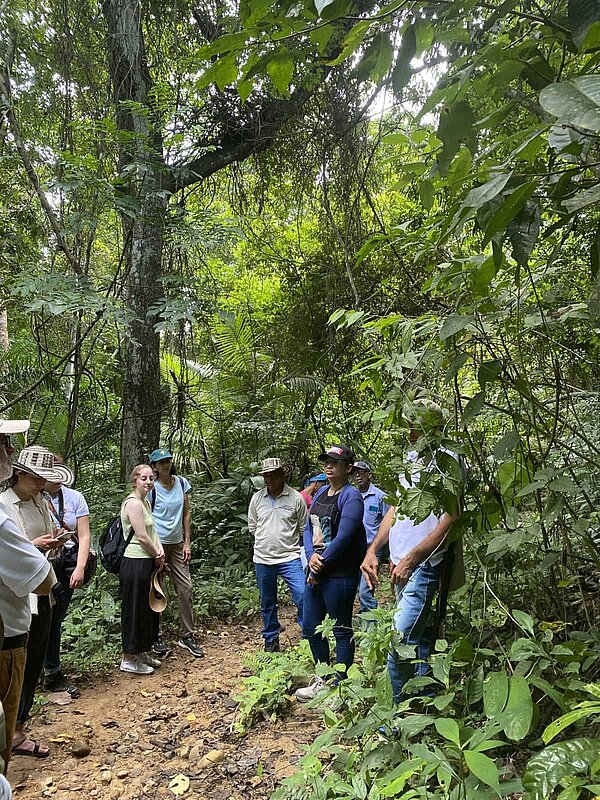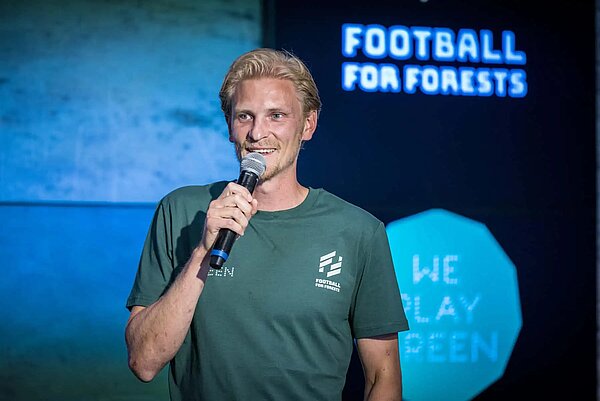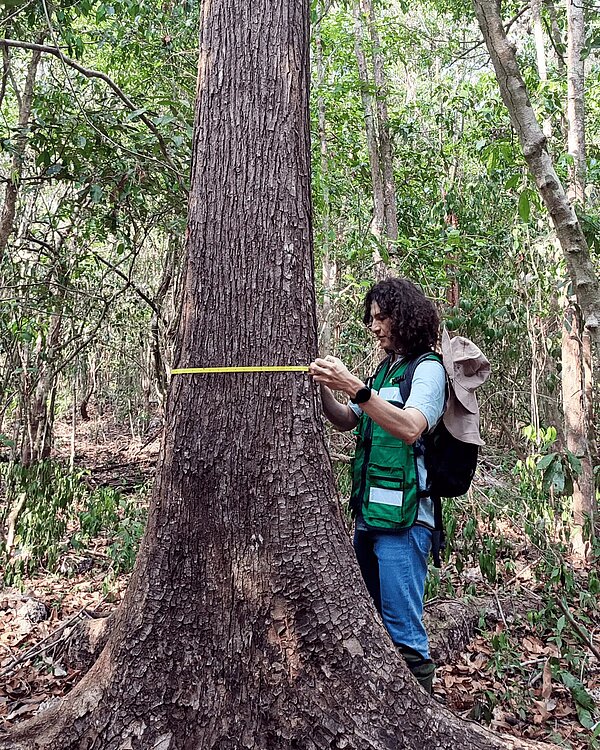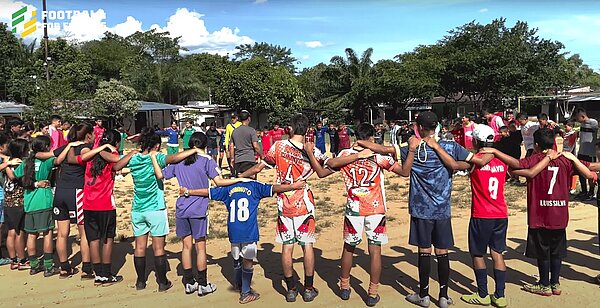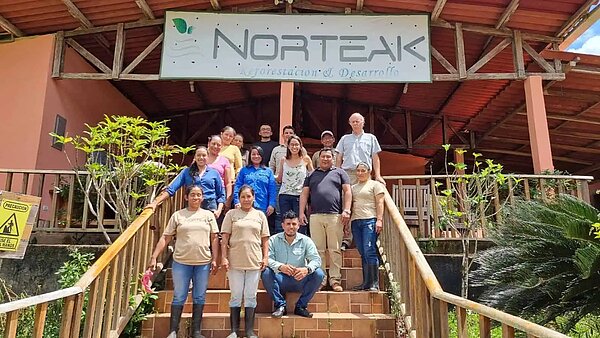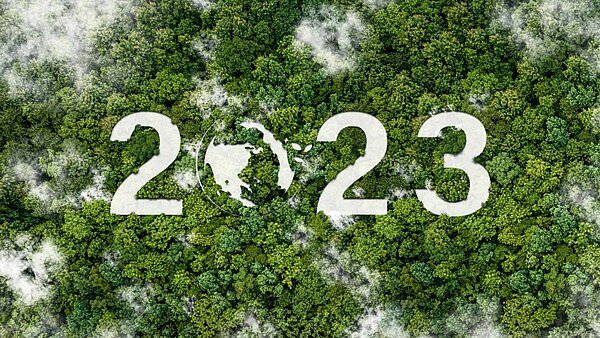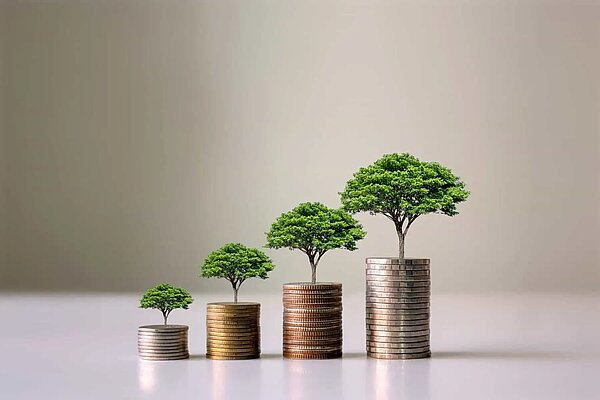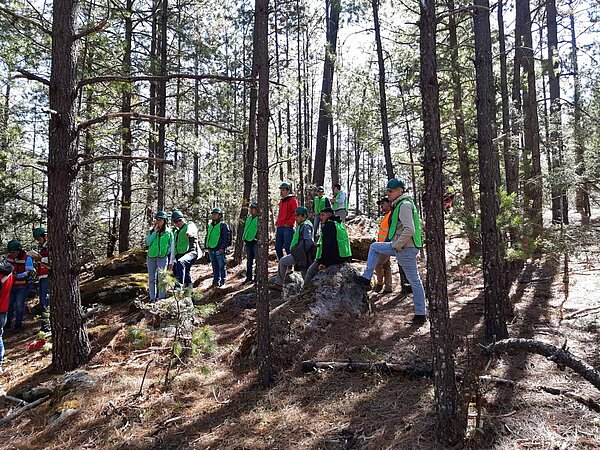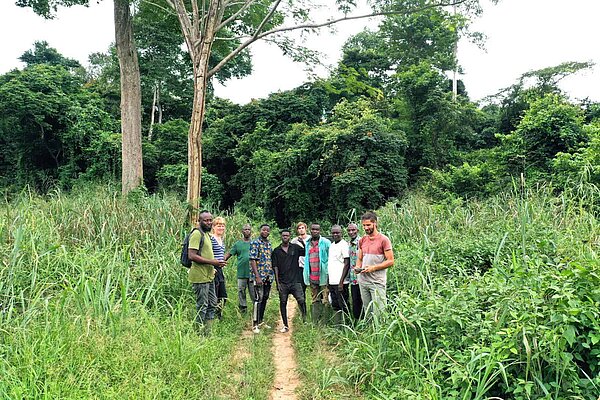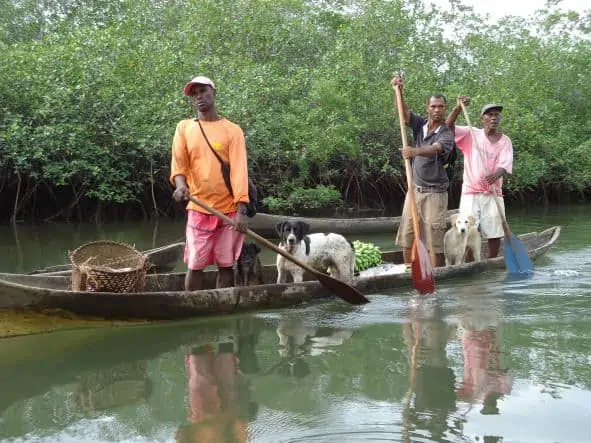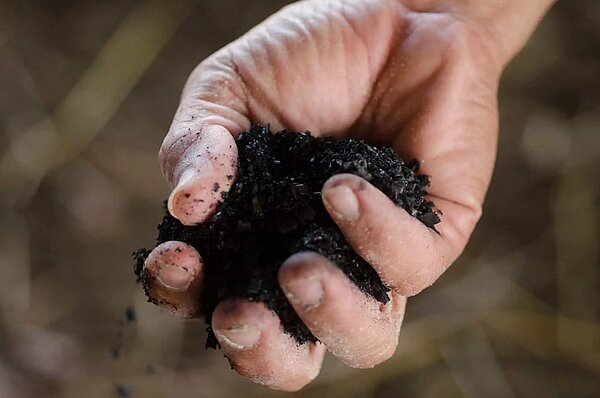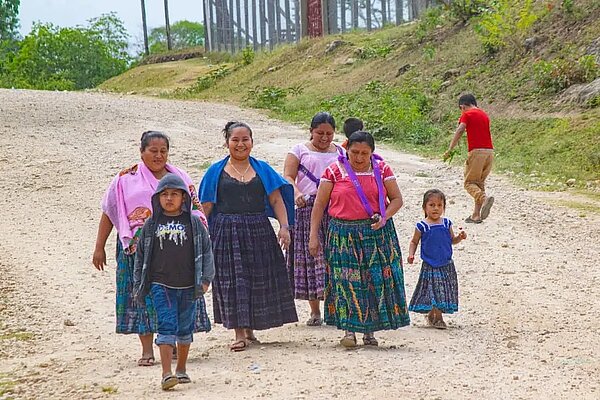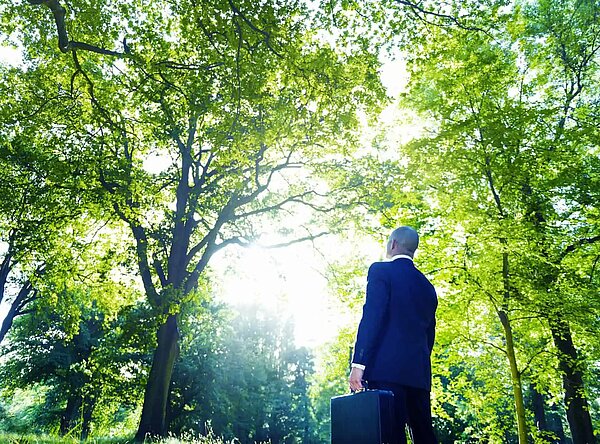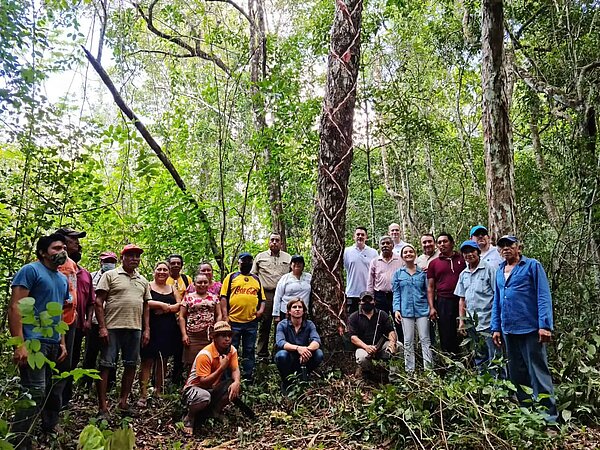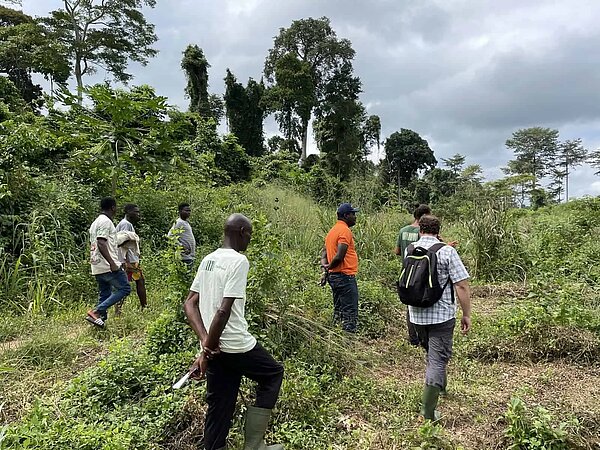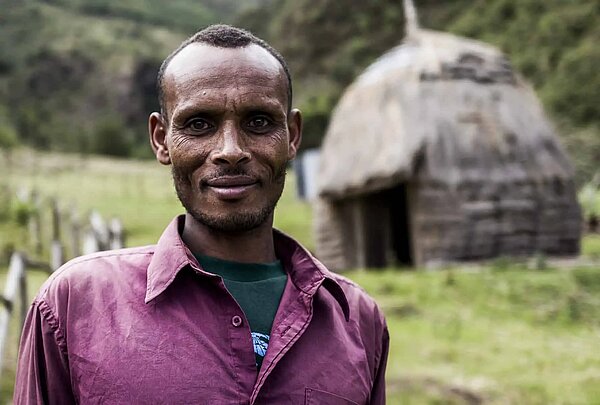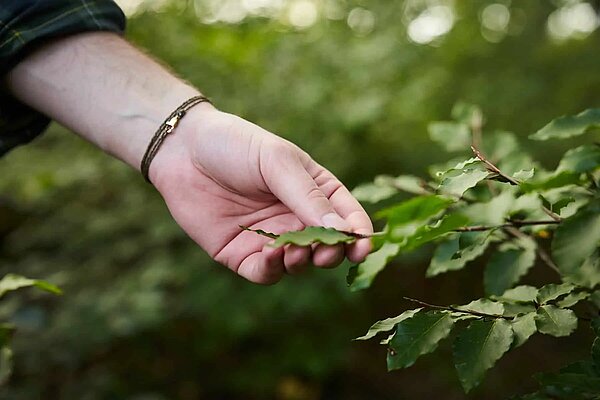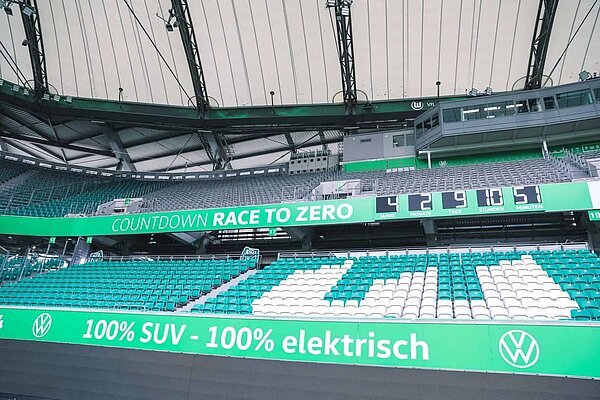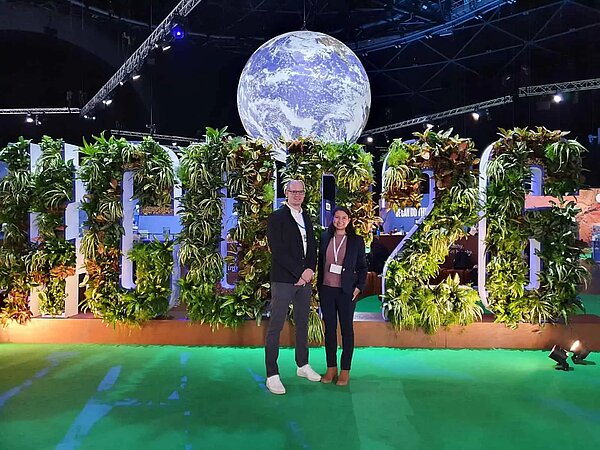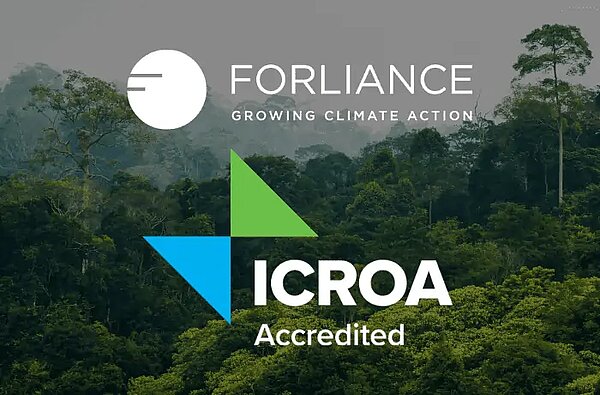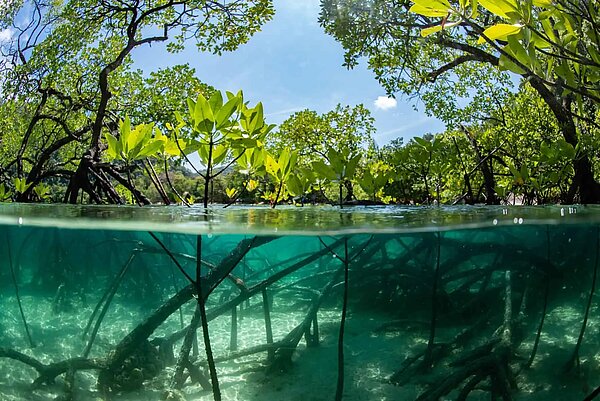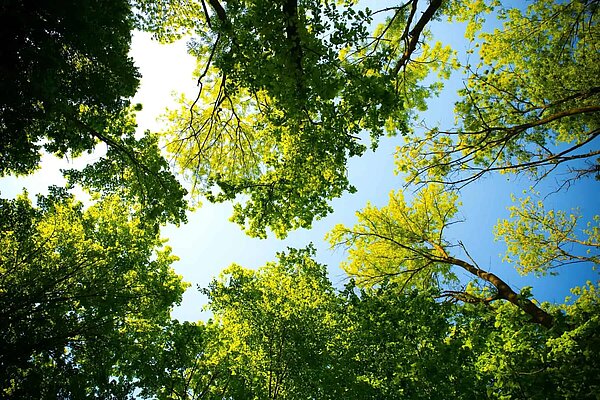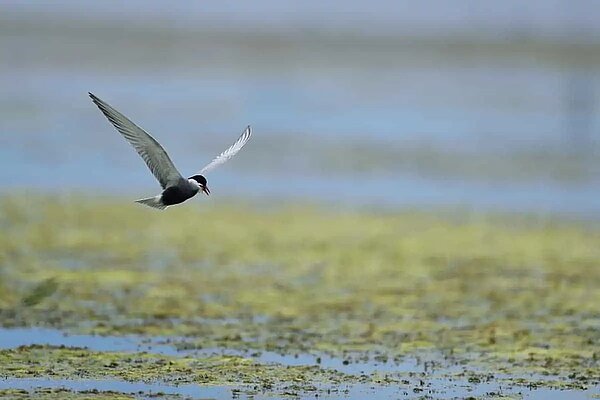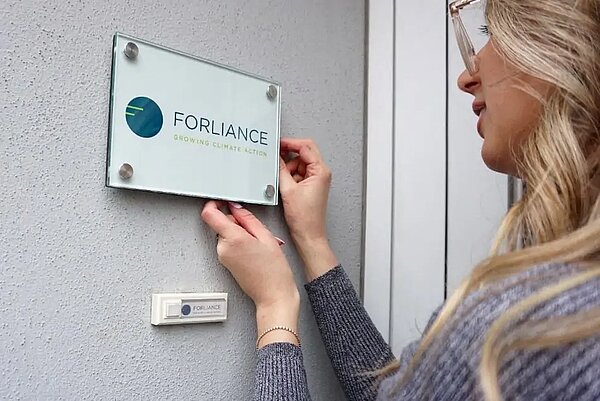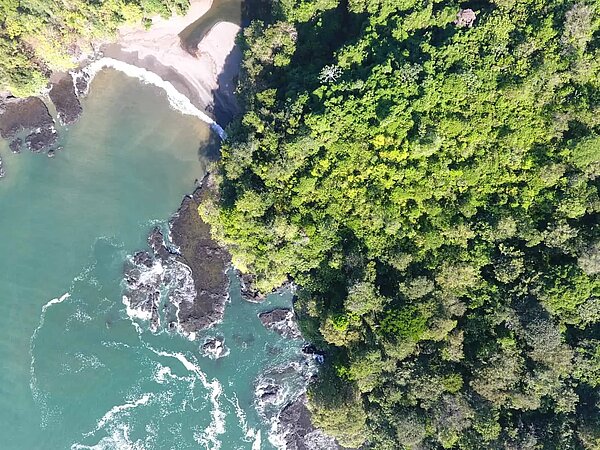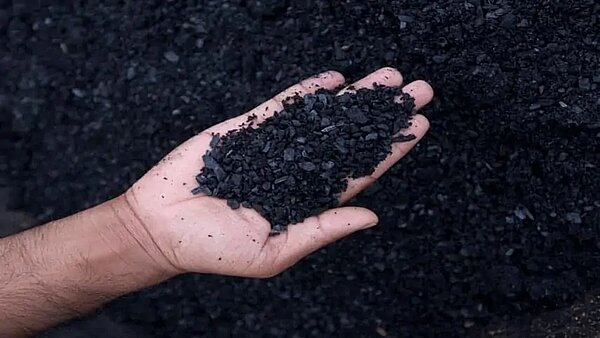Ivory Coast forest restoration project
November 08, 2022
Project Updates
The forest restoration project in the Ivory Coast is developing in great strides. Our Nature Based Solutions Senior Manager, Veronika Wendt, recently visited the project area to get an overview and meet the people working on-site in person. She is now managing the Agbo II project for FORLIANCE.

A forest restoration project that is reaching new milestones
The forest restoration project in the Ivory Coast is developing in great strides. Our Nature Based Solutions Senior Manager, Veronika Wendt, recently visited the project area to get an overview and meet the people working on-site in person. She is now managing the Agbo II project for FORLIANCE.
Together with our partner Eticwood, FORLIANCE is supporting chocolate producer Barry Callebaut on their sustainability journey and their mission to restore the forest in the cocoa producing country. We are carrying out the field assessment and the technical implementation of this ambitious forest restoration project.
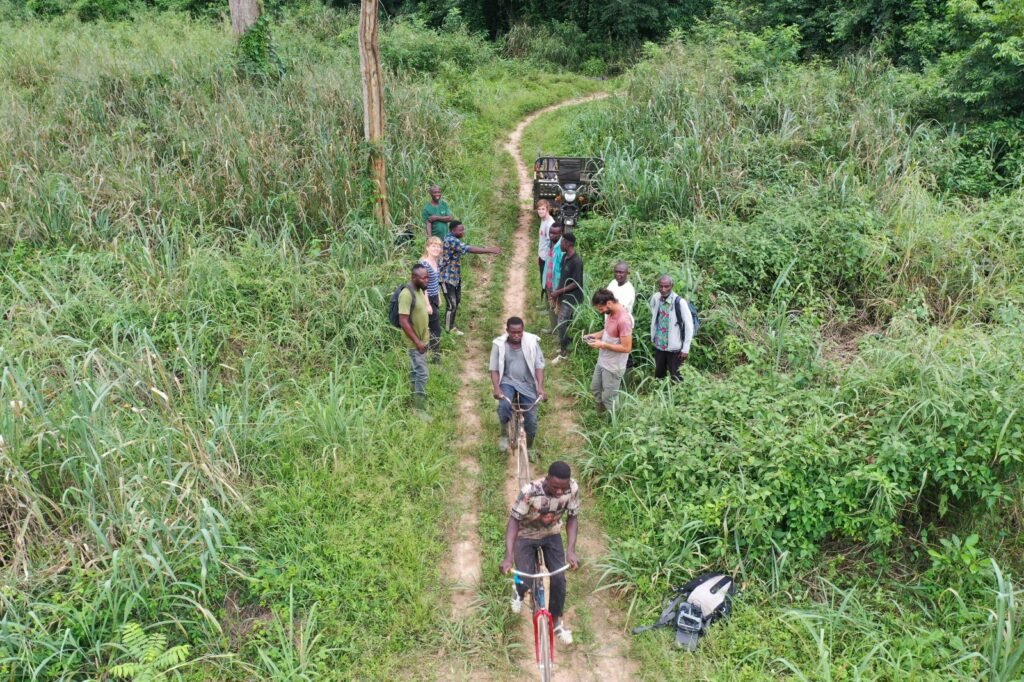
Forest Reforestation Project Background
Decades of:
- unsustainable and/or illegal forestry and agricultural practices,
- conversion of forest to cocoa plantations and agricultural areas, and urbanization
- a weak and inadequate forestry policy
- a glaring lack of human, material, and financial resources to secure and preserve forest areas
have led to a significant degradation and impoverishment of the country’s forest resources.
In 50 years, Ivorian forest cover has been reduced by more than 80%, from more than 16 million hectares in 1960 to nearly 3 million hectares in 2021. The classified forest of Agbo II has not escaped this process and is currently in a state of severe degradation and ongoing agricultural use.

Agbo II Project Goals
Protecting and restoring 300 ha of degraded forest in the Ivory Coast is the goal of this ambitious project. 100 ha are being actively reforested and 200 ha are focusing primarily on the conservation and regeneration of the forest area.
To carry out the mission and reach our project goals, the field activities are based on both a technical component and a social component.
Technical project component
These aspects are part of the technical achievements of this project:
- Tree nursery: design, construction, maintenance of structure
- layout of seedlings
- shade management
- water supply
- daily follow-up activities (cleaning, weeding, etc.
- Delineation of 1ha grid network: surveying, staking, compass and map us
- Planting operations: opening of 2m wide planting corridors, measuring and marking of 3m x 4m grid, digging of holes and weeding
- Maintenance operations: opening and maintenance of firebreaks, weeding of seedlings.
As the sole project focus lies on the regeneration of the forest. There is no commercial tree planting involved. This enables us to create a diverse, healthy and resillient forest. The tree species that are common in this area were analyzed and a variety of trees, some of which have not been extensively researched yet, have been planted. This lack of research about, for example, the tree mortality, faces us with a unique challange, but also provides us with new insights.
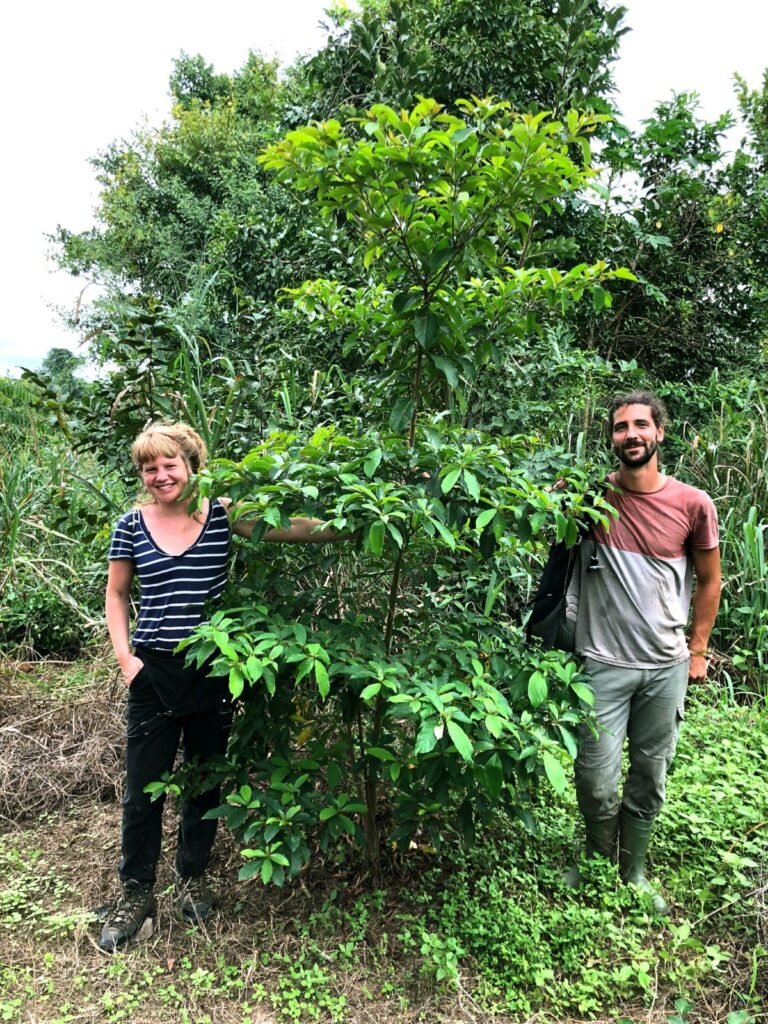
Veronika Wendt (FORLIANCE) visited the Agbo II project. Basile Houters (Eticwood) manages the project on-site.
20 different tree species have been planted so far. Among them five fruit trees species which increase the food supply of the local population.
Project Monitoring and Communication Platform
So a lot is happening within these 300 ha. To keep the overview and be able to track the development in real time, we incorporated this project into our Monitoring and Communication Platform. This way our client can monitor the project development and communicate the project activities transparently.
But the technical aspect of the project implementation is only one part of the equation. The technical and social aspects of the project are interdependent.
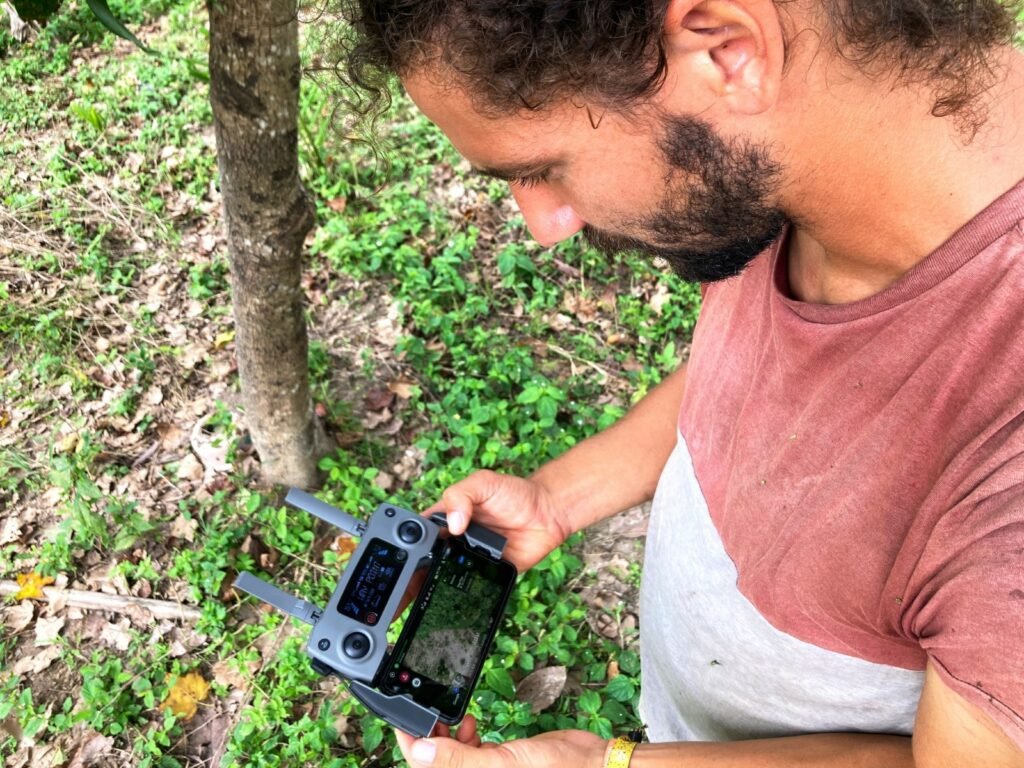
To keep the overview and be able to track the development in realtime, we incorporated this project into our Monitoring and Communication Platform.
Social project component
“The project is a good example of Forest Landscape projects being only partially about planting and sustainable managing trees to mitigate climate change.” says Veronika Wendt. “In Agbo II, social change through income generation, the contribution to food security through the planting of fruit trees and the connectivity of habitats are no less important.”
Being in touch with the locals, regularly exchanging and educating the peole on site is a crucial component of a successful project implemantation.
Guided by our project partners Basile Houters and Maxime Capelle from Eticwood who manage the project implementation on site, Veronika Wendt got a great insight and first hand reports from the locals. With her boots on the ground, she took a close look at the processes.
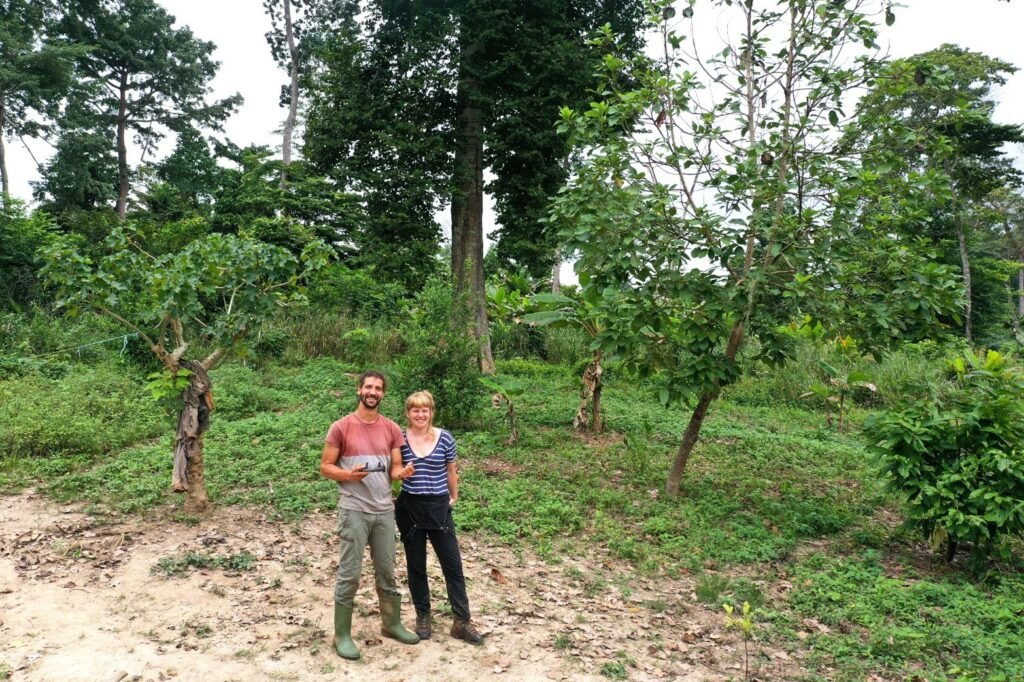
Being in direct exchange with the peole working on-site provides the best insight and first hand impressions.
A number of locals live in the project area. The successful, long-term incorporation of these people into the Agbo II project is one of the major challenges. The goal is to implement forest restoration that benefits all. No one should have to move from their home. Thus, going into direct dialogue with the on-site settlers has been key.
Meetings with the local communities and settlers have been arranged to raise their awareness and ensure their support and cooperation for the project. A local workforce has been arranged. The integration of the different cultural and traditional constrains of ethnic groups is part of the social aspect of the project implementation. The local’s feedback was overall reassuring and enthusiastic. Together we created 130 jobs for the men and women on-site.
We are excited to reach further project goals in the coming year, see the seedlings grow and the forest become even greener.
Do you want to develop your own climate protection project or invest in ecosystem protection? Let us get in touch!
